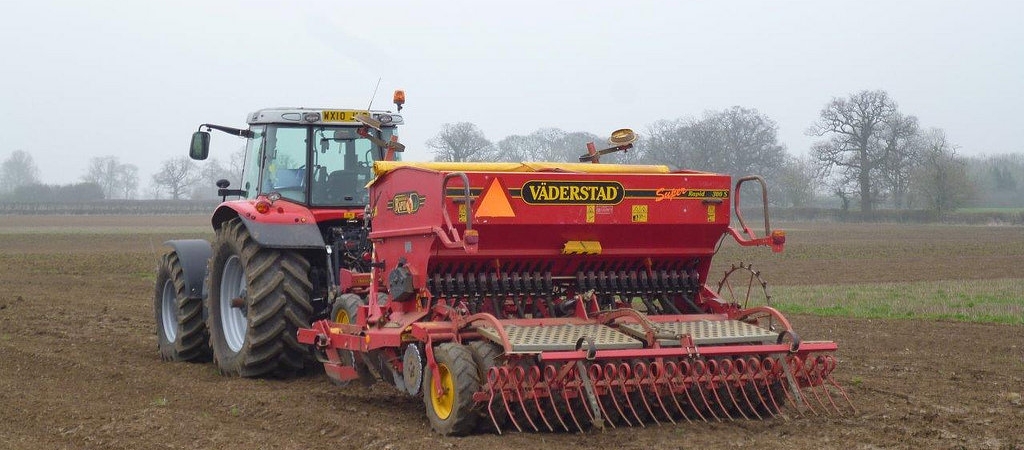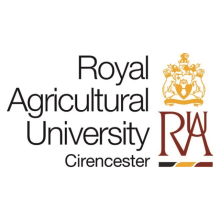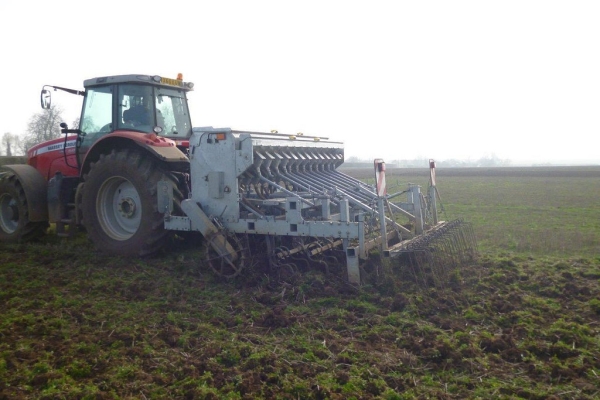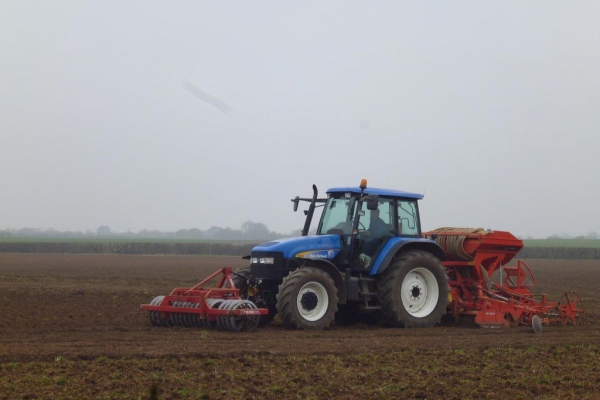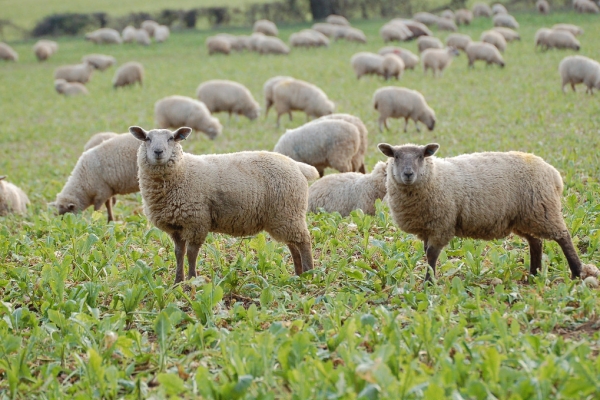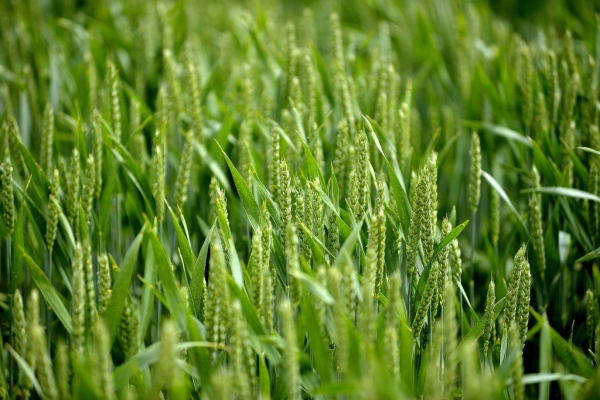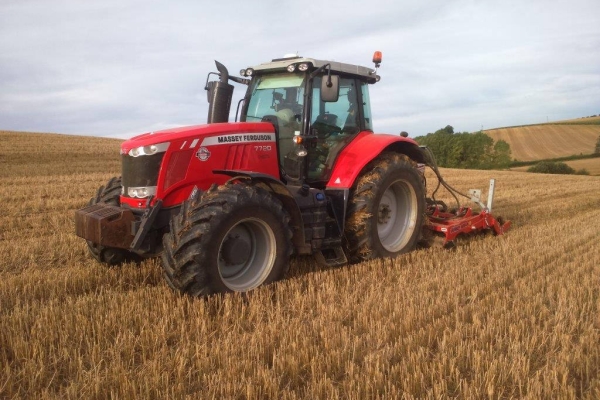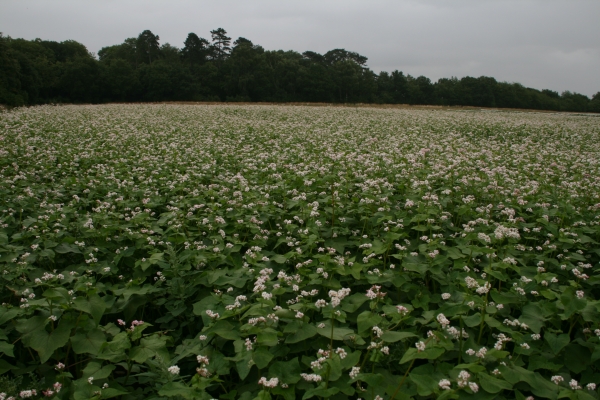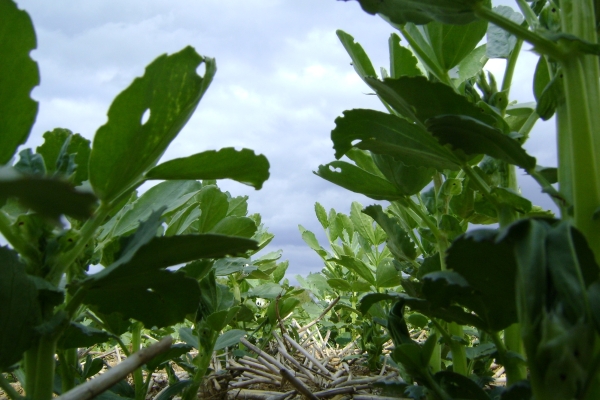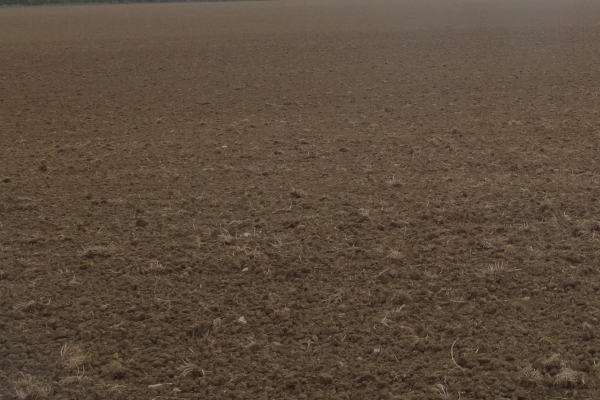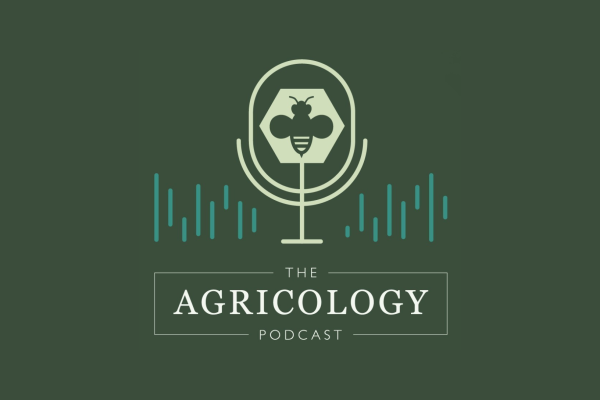Performance of UK organic spring wheat and contrasting soil tillage: yield and economic impact
Resource explained
Conventional tillage can be damaging to soil structure and quality. Non-inversion tillage techniques which minimise disruption to soil structure can save you time with seedbed preparation, increase soil organic matter, and reduce your operation costs. This poster outlines results from a study conducted at the Royal Agricultural University’s (RAU) organic Harnhill Manor Farm that looked at the effects of tillage (under organic management systems) on weeds, crop performance, gross margins and benefit cost ratios. Conventional tillage (CT) was compared with low residue non-inversion tillage (LRNiT) and high residue non-inversion tillage (HRNiT).
Findings & recommendations
- The study ran from March 2012 to August 2013. Spring wheat cv. Paragon was drilled in March 2012. After harvesting in August 2012, soil cover was left on the field over winter, and the tillage process was repeated and spring wheat drilled in April 2013 and harvested in August.
- The lowest weed dry matter (DM) and the most favourable seedbed conditions for wheat establishment (in both seasons) was recorded for the CT plots. This is attributed to reduced tillage seedbeds tending to be coarser and less uniform, with larger soil clods; this affects seed-soil contact or drill performance, and results in lower crop establishment.
- The crop yields were largest when the crop establishment levels were the highest and the weed infestation levels were the lowest.
- The study found that non-inversion tillage incurred lower production/variable costs. However, a substantial reduction in yield led to a significantly lower gross margin, compared to CT. The calculated overall value (or ‘benefit cost ratio’) was also significantly lower with non-inversion tillage.
- In this study, the best results in relation to crop emergence, level of weeds and wheat yields, were obtained with CT.
(Header image: Drills used for establishing spring wheat: power harrow combination drill, minimum tillage Vaderstad drill, & Ecodyn direct drill. Photo credit: RAU)
Also see ‘Contrasting soil tillage effects on UK organic spring wheat.’
